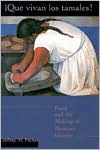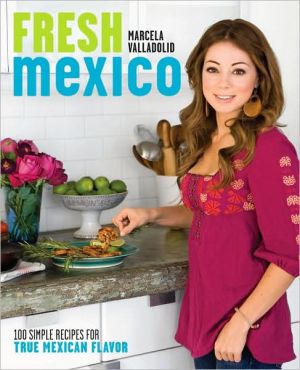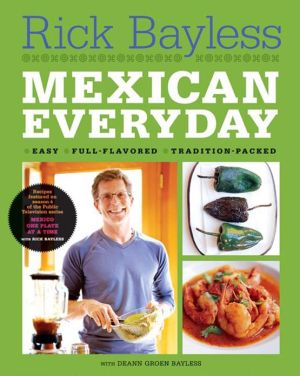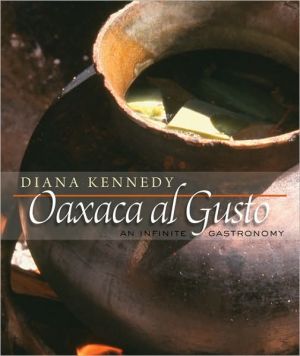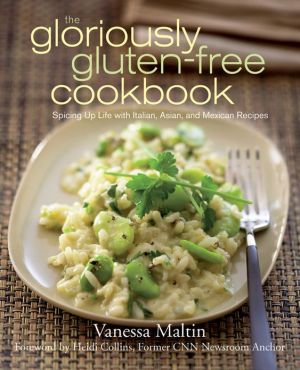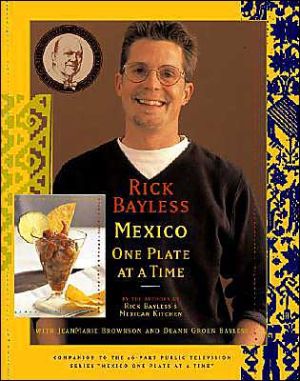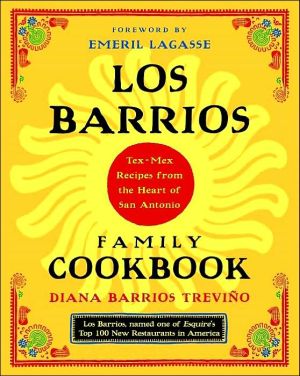Que vivan los tamales!: Food and the Making of Mexican Identity
Connections between what people eat and who they are—between cuisine and identity—reach deep into Mexican history, beginning with pre-Columbian inhabitants offering sacrifices of human flesh to maize gods in hope of securing plentiful crops. This cultural history of food in Mexico traces the influence of gender, race, and class on food preferences from Aztec times to the present and relates cuisine to the formation of national identity.\ The metate and mano, used by women for grinding corn...
Search in google:
This cultural history of food in Mexico traces the influence of gender, race, and class on food preferences from Aztec times to the present. Library Journal This delightful approach to the history of Mexico examines how food has affected and mirrored the development of nationalism in the country. Pilcher (history, The Citadel) describes the early colonial conflict between the Mexican natives' consumption of corn and the European use of wheat. Tracing this conflict through the colonial period into the 20th century, he shows periodic attempts by Mexican elites and governmental officials to define Mexican culture and identity through a Europeanization of foods. That process essentially ended in the 1940s when the popular foods of the country were proclaimed to be the Mexican cuisine, resulting in a fusion of the two traditions. This well-written book highlights the interaction of the regional and national and the role of women in developing a national identity. Of interest to most academic libraries, it belongs in many public libraries as well.--Mark L. Grover, Brigham Young Univ., Provo, UT
PrefaceIntroduction1Ch. 1The People of Corn: Native American Cuisine7Ch. 2The Conquests of Wheat: Culinary Encounters in the Colonial Period25Ch. 3Many Chefs in the National Kitchen: The Nineteenth Century45Ch. 4The Tortilla Discourse: Nutrition and Nation Building77Ch. 5Replacing the Aztec Blender: The Modernization of Popular Cuisine99Ch. 6Apostles of the Enchilada: Postrevolutionary Nationalism123Ch. 7Recipes for Patria: National Cuisines in Global Perspective143Epilogue163Notes167Glossary203Select Bibliography207Index227
\ Library JournalThis delightful approach to the history of Mexico examines how food has affected and mirrored the development of nationalism in the country. Pilcher (history, The Citadel) describes the early colonial conflict between the Mexican natives' consumption of corn and the European use of wheat. Tracing this conflict through the colonial period into the 20th century, he shows periodic attempts by Mexican elites and governmental officials to define Mexican culture and identity through a Europeanization of foods. That process essentially ended in the 1940s when the popular foods of the country were proclaimed to be the Mexican cuisine, resulting in a fusion of the two traditions. This well-written book highlights the interaction of the regional and national and the role of women in developing a national identity. Of interest to most academic libraries, it belongs in many public libraries as well.--Mark L. Grover, Brigham Young Univ., Provo, UT\ \
